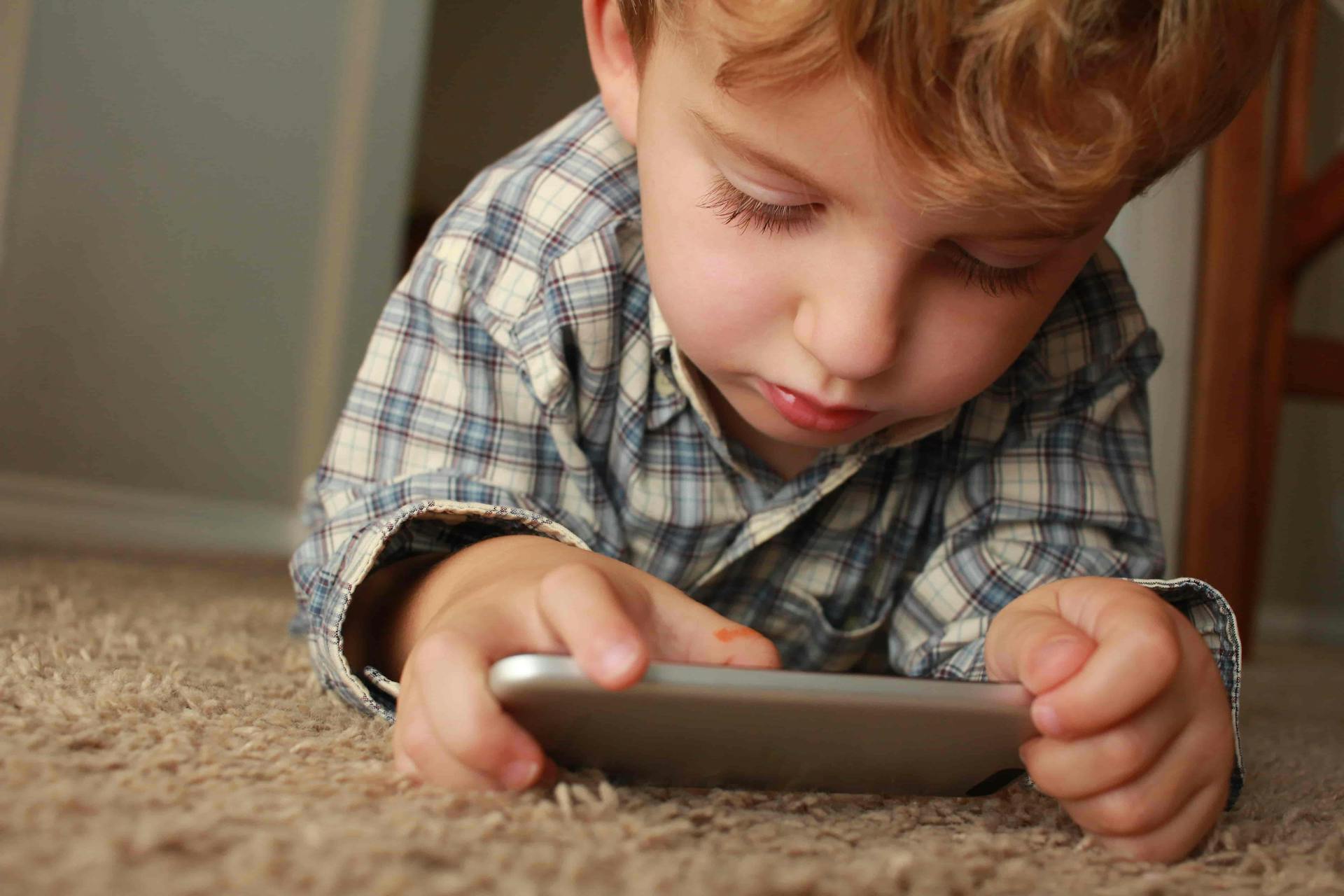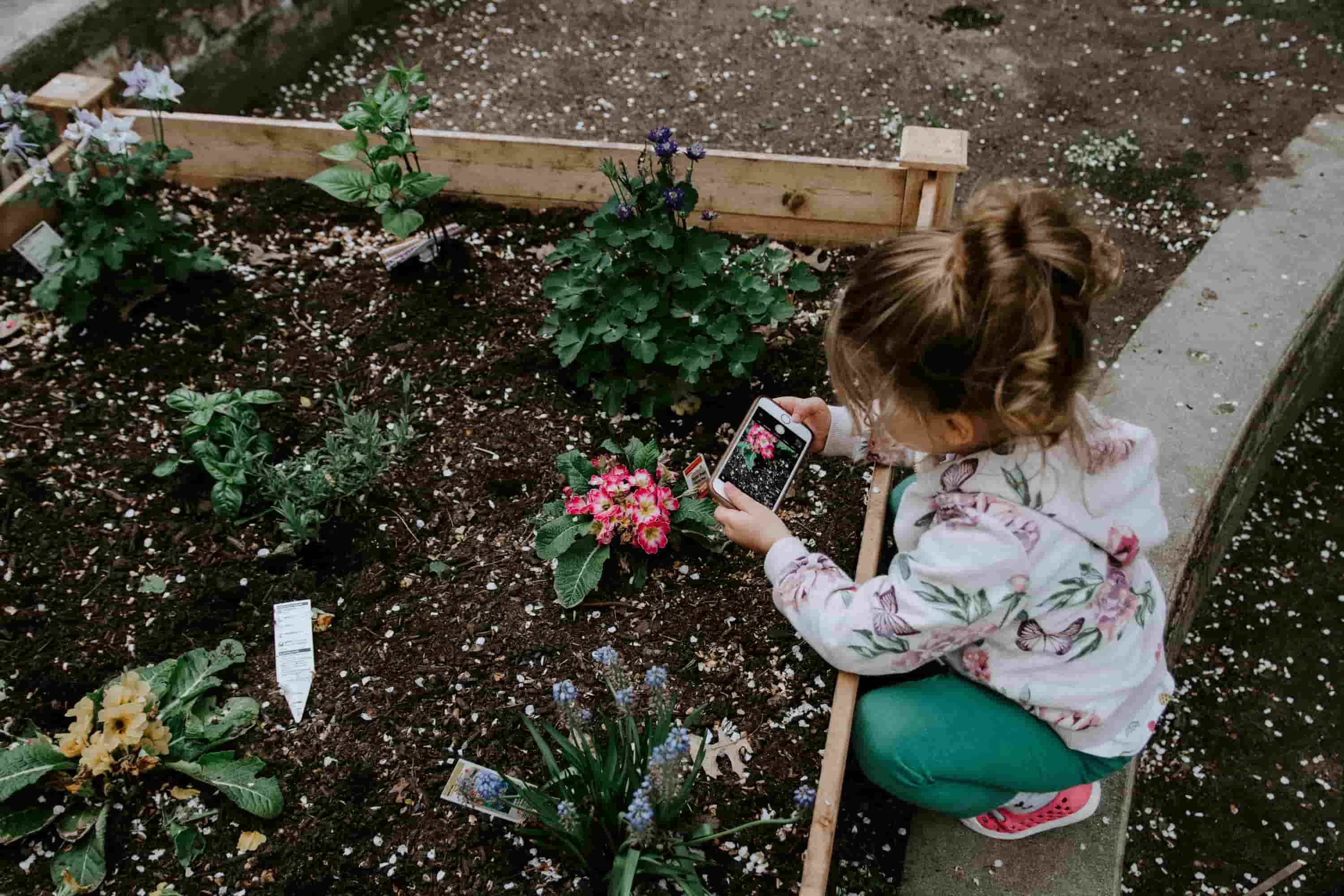Government To Create Social Media Guidelines For Young People
updated on Oct 1, 2018

Amidst growing concerns about links between social media use and mental health, new guidelines are set to be the first of their kind in the UK
Health Secretary Matt Hancock will direct Chief Medical Officer, Dame Sally Davies, to draw up official guidelines outlining the maximum amount of time young people should spend on social media. Over the weekend, Health Secretary Matt Hancock spoke to the Observer ahead of the Conservative party conference of his intentions to direct Chief Medical Officer, Davies, to draw up guidelines.
Hancock hopes new guidelines will be accepted as societal norms, as with government recommendations for maximum alcohol consumption for adults. The father of three children under 12 expressed his serious concern over evidence linking mental health problems in young people with unlimited social media use.
Recent studies have yet to reach a consensus as to the effect on young people’s mental health, with some saying social media has no confirmed links to poor mental health. A survey released earlier this year, conducted by YouGov on behalf of Barnardo’s unveiled that social media causes less anxiety for young people than school (65%), their future (42%), and problems at home (31%).
Many social media companies have begun refocusing their attention on the positive changes that can be made to impact young people and overall user mental health and wellbeing, though there has been debate as to the reach and effectiveness of these changes to date.
Apple introduced a new ScreenTime feature earlier this year, which allows users to monitor their iPhone usage and set limits. Facebook and Instagram have also introduced new tools which allow users to monitor how much time they have spent scrolling within each app.
The Royal Public Health Society also encouraged social media users to take part in Scroll Free September, in hopes that logging off may improve sleep, relationships, and overall wellbeing.
Hancock hopes new guidelines will empower parents and teachers to enforce sensible limits and explain them to children.
One study from the University of Texas revealed we check our phones an average of 85 times a day, while Ofcom reported more children are going online than ever before. More than half of children aged just three to four go online, while 80% of those aged five to seven do, 94% of eight to 11-year-olds, and 99% of those aged 12–15 regularly go online.

Despite children and teen’s regular internet and device usage, less that two in five parents knew Facebook’s minimum age requirement when surveyed, with figures dropping to almost one in five for Instagram, only 15% for Snapchat, and just 7% for WhatSapp.
Do you know the minimum age guidelines for children and teens to sign up and use popular social media platforms? Find out more and discover how to help kids and teens stay safe online.
YoungMinds and The Children’s Society’s Net Safety enquiry discovered over 60% of young people admit to having their first social media account by the age of 12, despite guidelines stating users must be 13 or older (with some apps requiring users be aged 16 or 18 and over). The report revealed almost 45% of young people spent three hours a day or more on social media, with nearly 40% reporting social media has a negative impact on how they feel about themselves.
Discover more with Counselling Directory’s parents guide to setting a positive example, implementing helpful, effective rules around social media, and teaching young people about their digital responsibilities. For more information on internet addiction or to find a counsellor who can help, visit Counselling Directory.

